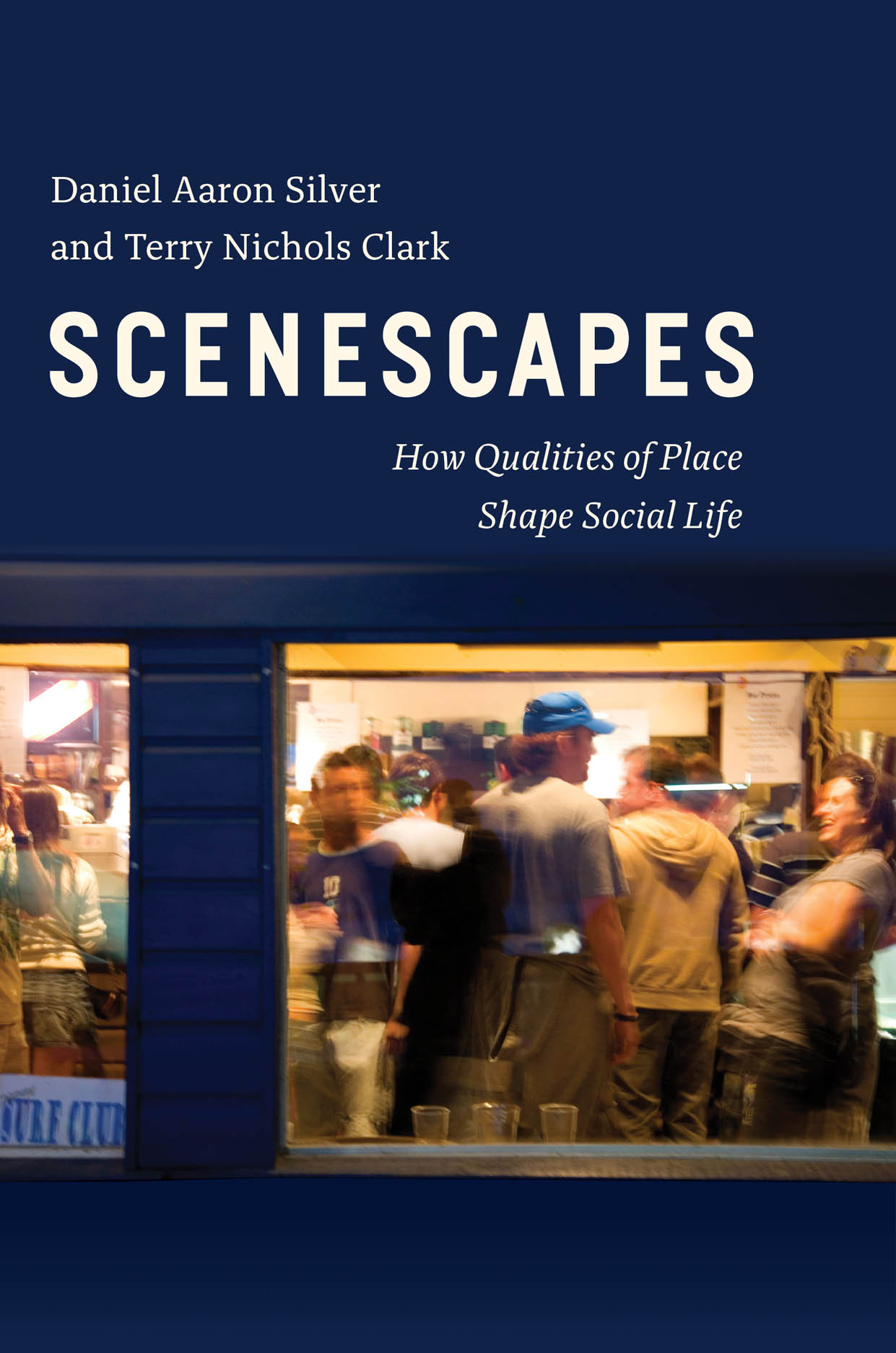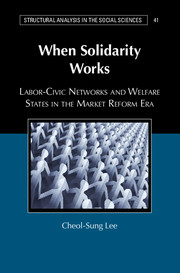Parves, Z. Fareen. 2017. Politicizing Islam: The Islamic Revival in France and India. Oxford University Press.
Home to the largest Muslim minorities in Western Europe and Asia, France and India are both grappling with crises of secularism. In Politicizing Islam, Fareen Parvez offers an in-depth look at how Muslims have responded to these crises, focusing on Islamic revival movements in the French city of Lyon and the Indian city of Hyderabad. Presenting a novel comparative view of middle-class and poor Muslims in both cities, Parvez illuminates how Muslims from every social class are denigrated but struggle in different ways to improve their lives and make claims on the state. In Hyderabad’s slums, Muslims have created vibrant political communities, while in Lyon’s banlieues they have retreated into the private sphere. Politicizing Islam elegantly explains how these divergent reactions originated in India’s flexible secularism and France’s militant secularism and in specific patterns of Muslim class relations in both cities. This fine-grained ethnography pushes beyond stereotypes and has consequences for burning public debates over Islam, feminism, and secular democracy.


